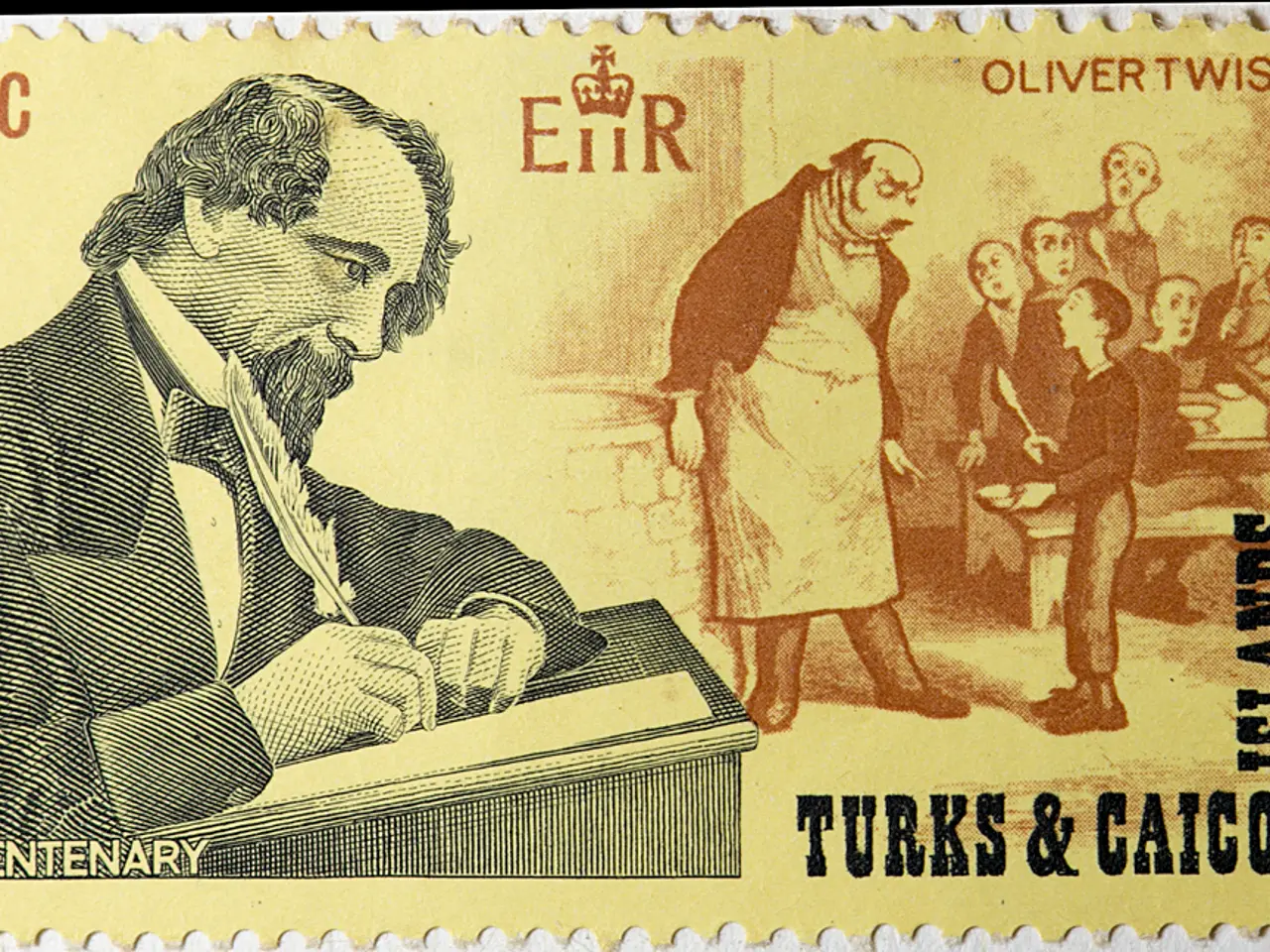Ditching Holidays: IMK Study Disproves Claim of Boosted Growth
Reduced holiday count may not necessarily lead to economic expansion.
In a surprising turn, the Hans-Böckler-Stiftung, an institution closely linked to trade unions, has debunked the popular notion that fewer holidays lead to economic growth. An in-depth study reported by IMK revealed no evidence to support the theory that abolishing holidays enhances economic performance.
Examining six specific cases over the past 30 years involving changes to paid holidays in Germany or individual states, researchers found that the economy frequently performed better in regions that retained or gained paid holidays. IMK director, Sebastian Dullien, expressed his findings by stating, "The assumption that if holidays are abolished, growth increases, is overly simplistic and doesn't adequately reflect modern working society."
Debating the Vacation Reduction
Discussions about nixing one or more holidays to boost economic performance have been prominent for some time. Peter Adrian, the president of the German Industry and Commerce Chamber, has advocated for this measure. The IW, an employer-aligned institute, estimated that an extra workday could generate 5 to 8.6 billion euros in GDP.
Even Monika Schnitzer, an economist and head of the Council of Economic Experts, has supported the abolition of a holiday in Germany to offset crisis costs. In March of this year, Clemens Fuest, the president of the Munich Ifo Institute, advocated for the abolition of a holiday to "boost the labor supply."
Public Preferences and Influence
While some support the reduction of holidays, public opinion overwhelmingly favors preserving holidays like Whit Monday. Over 75% of Germans believe that holidays foster economic momentum by driving tourist and dining consumption.[3]
When the Buß- und Bettag was eliminated in all states except Saxony in 1995, Saxony's GDP actually grew stronger than the rest of Germany, according to IMK's findings. It is also possible that overworked employees, facing holiday cancellations, may respond by reducing job offers elsewhere, such as cutting back on part-time positions or working hours.[2]
Balancing Act
New research and expert analyses bring an ambiguous picture on the impact of holidays on Germany's economic growth, with no clear negatives found. However, public sentiment, indirect economic channels like consumption during holidays, and complex societal and political dynamics suggest that assessing the overall impact is anything but simple.[1] [2] [3] [5]
Ultimately, recent studies demonstrate that reducing public holidays in Germany may not have a detrimental effect on economic growth as previously believed, but the complexities surrounding the issue necessitate further consideration and debate.
- In light of the study conducted by IMK, the Community policy regarding holidays' impact on economic growth needs to consider vocational training programs, ensuring that any changes do not negatively affect the workforce's well-being and opportunities for advancement in finance and business sectors.
- The debate over reducing holidays in Germany for economic growth has highlighted the need for a comprehensive understanding of the financial implications, considering that holiday cancellations might affect business operations and consumer spending, ultimately impacting GDP.





